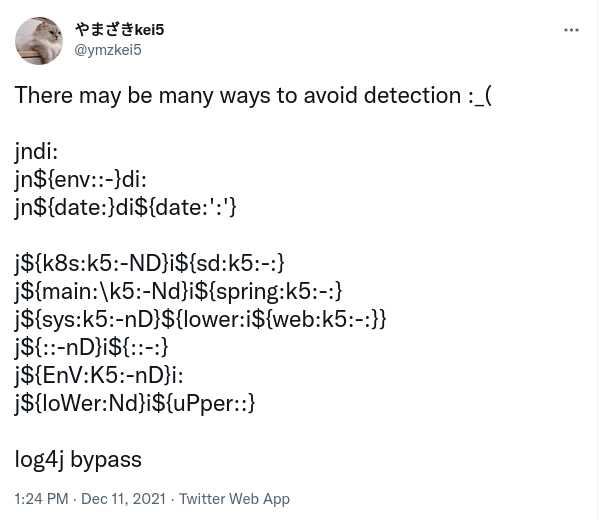Easily Assemble Regular Expressions
List to regular expression
Have you ever encountered a list like this and thought “I wish I could easily create a regex to cover all these possible values”?
I have a linux based method to share which makes this task easy by leveraging an incredible Perl module called Regexp::Assemble
Step 1 - create a list
In our example, We’d like to capture all the possible values behind the ${ characters (we’ll deal with the leading characters later), so our first step is to list the values in a text document:
k8s
main
sys
lower
web
env
upper
date
Step 2 - assemble
Copy the following to a file (in this example it is named regex_assemble.pl:
#!/usr/bin/perl
use strict;
use Regexp::Assemble;
my $ra = Regexp::Assemble->new;
while (<>)
{
$ra->add($_);
}
print $ra->as_string() . "\n";
Note: you may need to install the Perl module
Then, we can copy our list to the clipboard and paste it into the STDIN of the invocation of our Perl script (note single quote):
$ echo 'k8s
> main
> sys
> lower
> web
> env
> upper
> date
> :
> ' | perl ~/scripts/regex_assemble.pl
(?:(?:low|upp)er|(?:k8|sy)s|date|main|env|web|:)
Notice the output:
(?:(?:low|upp)er|(?:k8|sy)s|date|main|env|web|:)
Step 3 - refinement
Now we can add logic to account for preceeding characters
j[ndi]* will match the preceeding characters, note that this uses 0 or more of this character class logic and not a string match, a stylistic choice for readablity to cover partial strings: jn${.., jnd${, …
Also, it seems every string following ${ also follows with a : character, so we add:
j[ndi]*\${(?:(?:low|upp)er|(?:k8|sy)s|date|main|env|web|:):
Step 4 - use
In my case, I’m writing a hunting rule for use in investigating URL payloads, so a suricata rule using this regex would look like this:
alert http $HOME_NET any -> any any (msg:"TGI HUNT Possible Log4shell Obfuscation Technique"; flow:established; http.uri; content:"${"; fast_pattern; pcre:"/j[ndi]*\${(?:(?:low|upp)er|(?:k8|sy)s|date|main|env|web|:):/i"; reference:url,twitter.com/ymzkei5/status/1469765165348704256; classtype:bad-unknown; sid:2610828; rev:1;)
And a quick check shows that it is working:
$ ~/scripts/suri.hunting.sh
3/2/2022 -- 11:58:01 - <Notice> - This is Suricata version 6.0.2 RELEASE running in USER mode
<...>
3/2/2022 -- 11:58:01 - <Info> - Alerts: 1
3/2/2022 -- 11:58:01 - <Info> - cleaning up signature grouping structure... complete
02/02/2022-15:10:56.628683 [**] [1:2610828:1] TGI HUNT Possible Log4shell Obfuscation Technique [**] [Classification: Potentially Bad Traffic] [Priority: 2] {TCP} 10.96.175.18:39376 -> 1.1.1.1:80
Hope that helps, and feel free to @ me with feedback.
